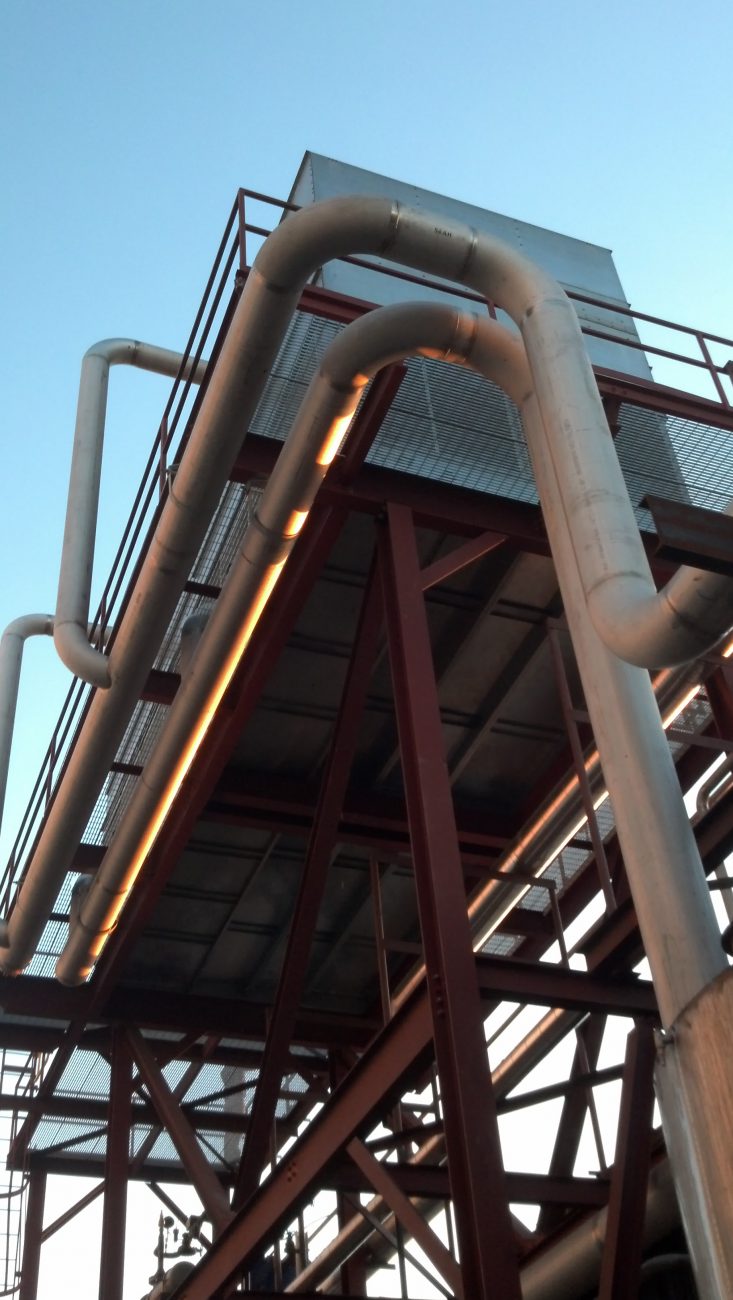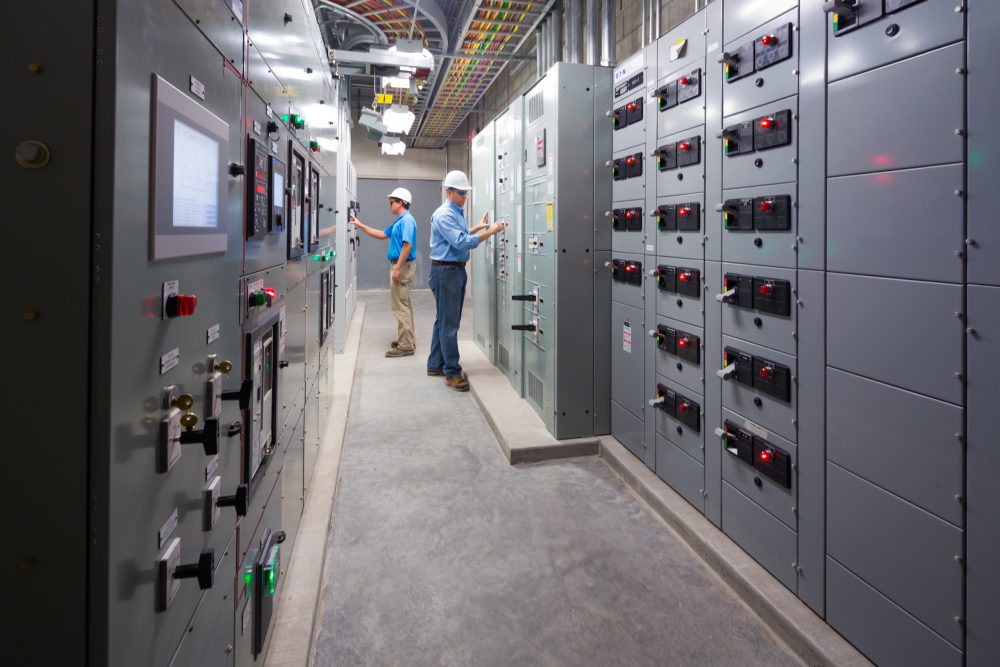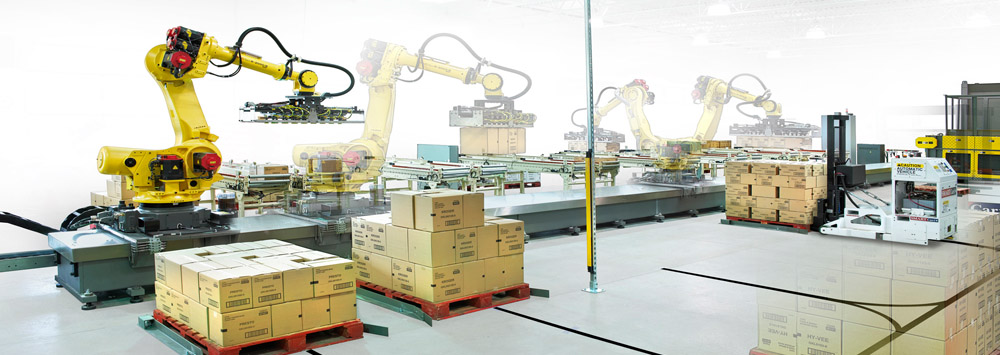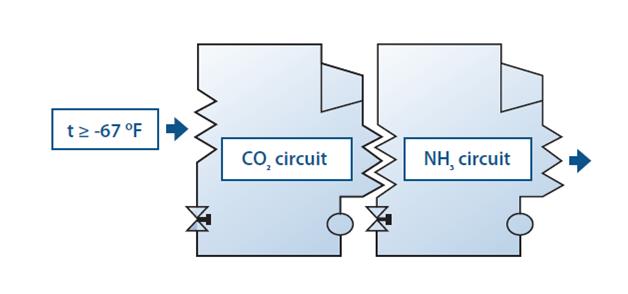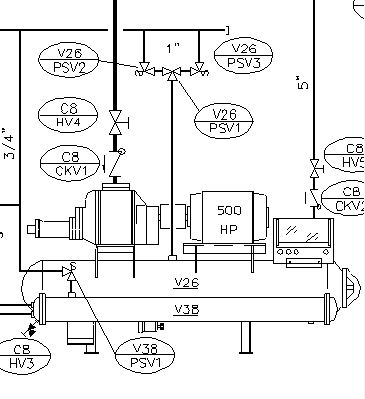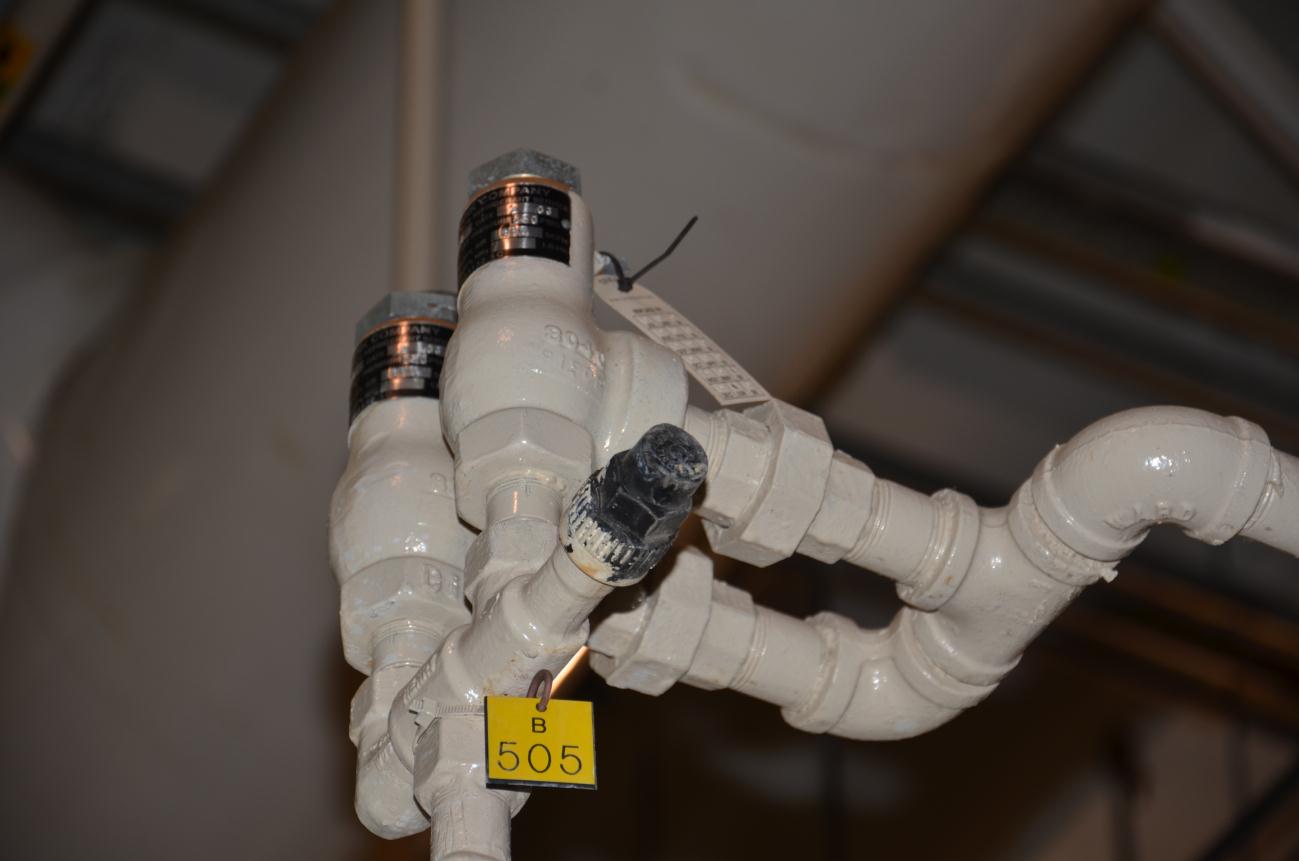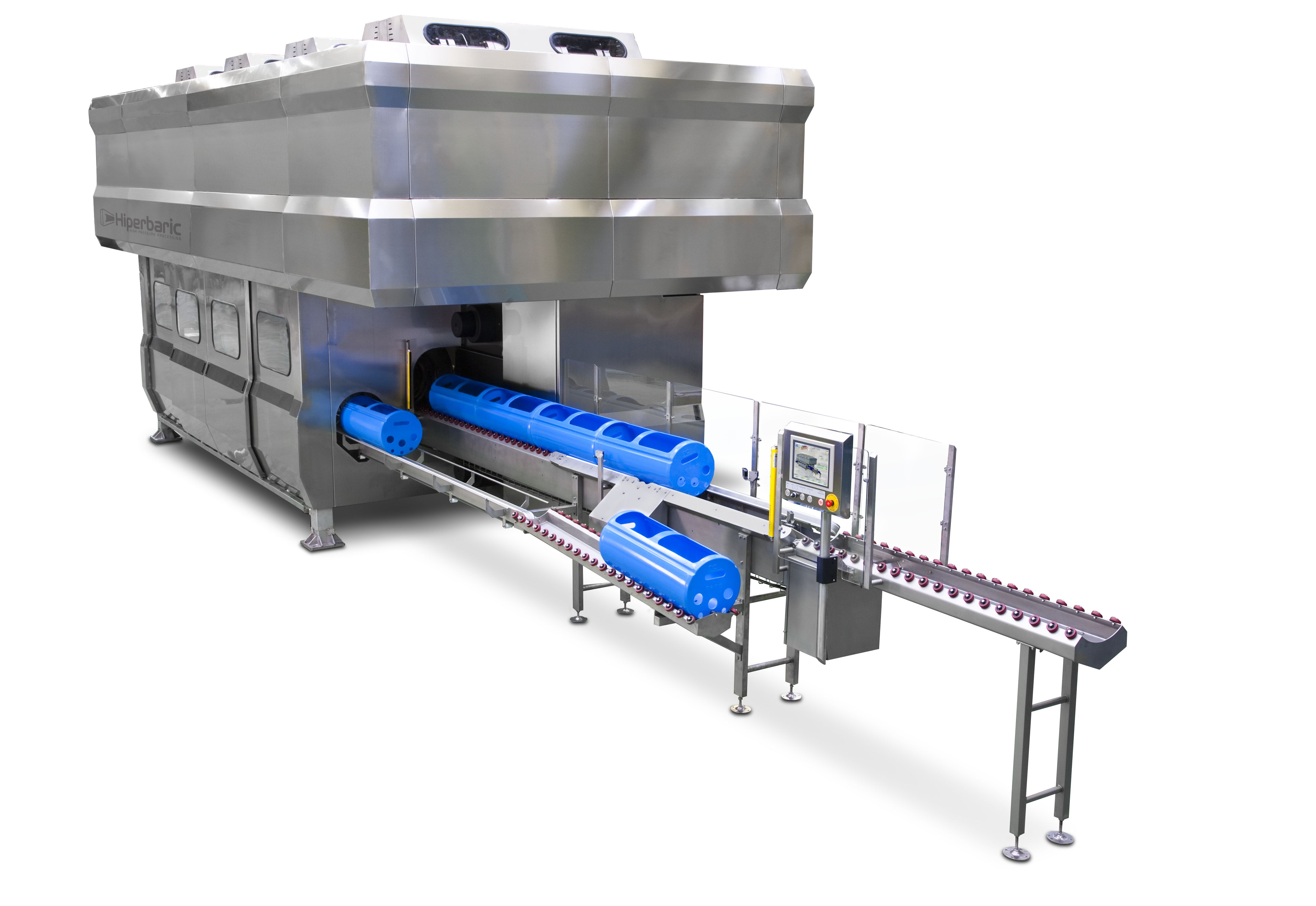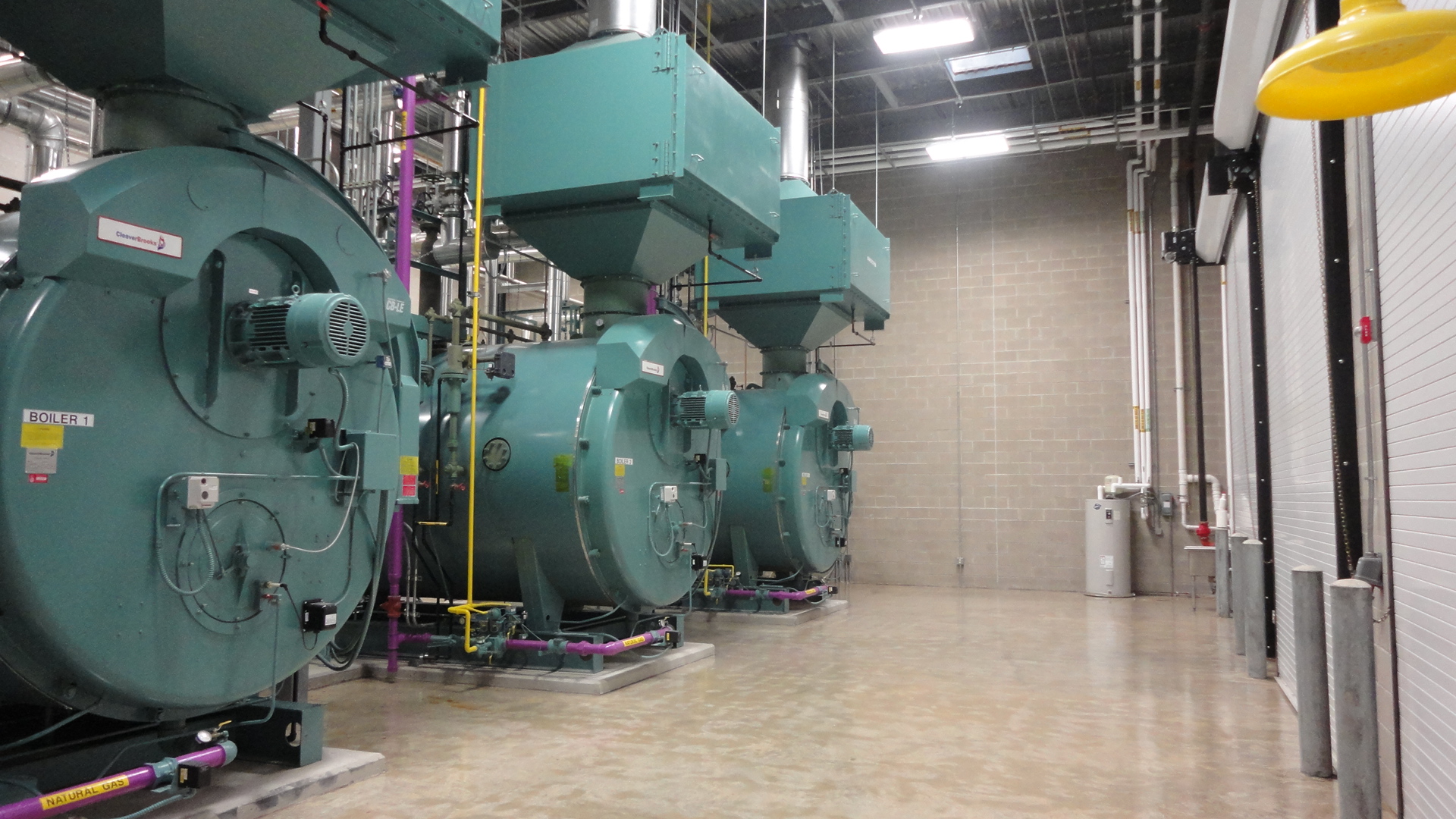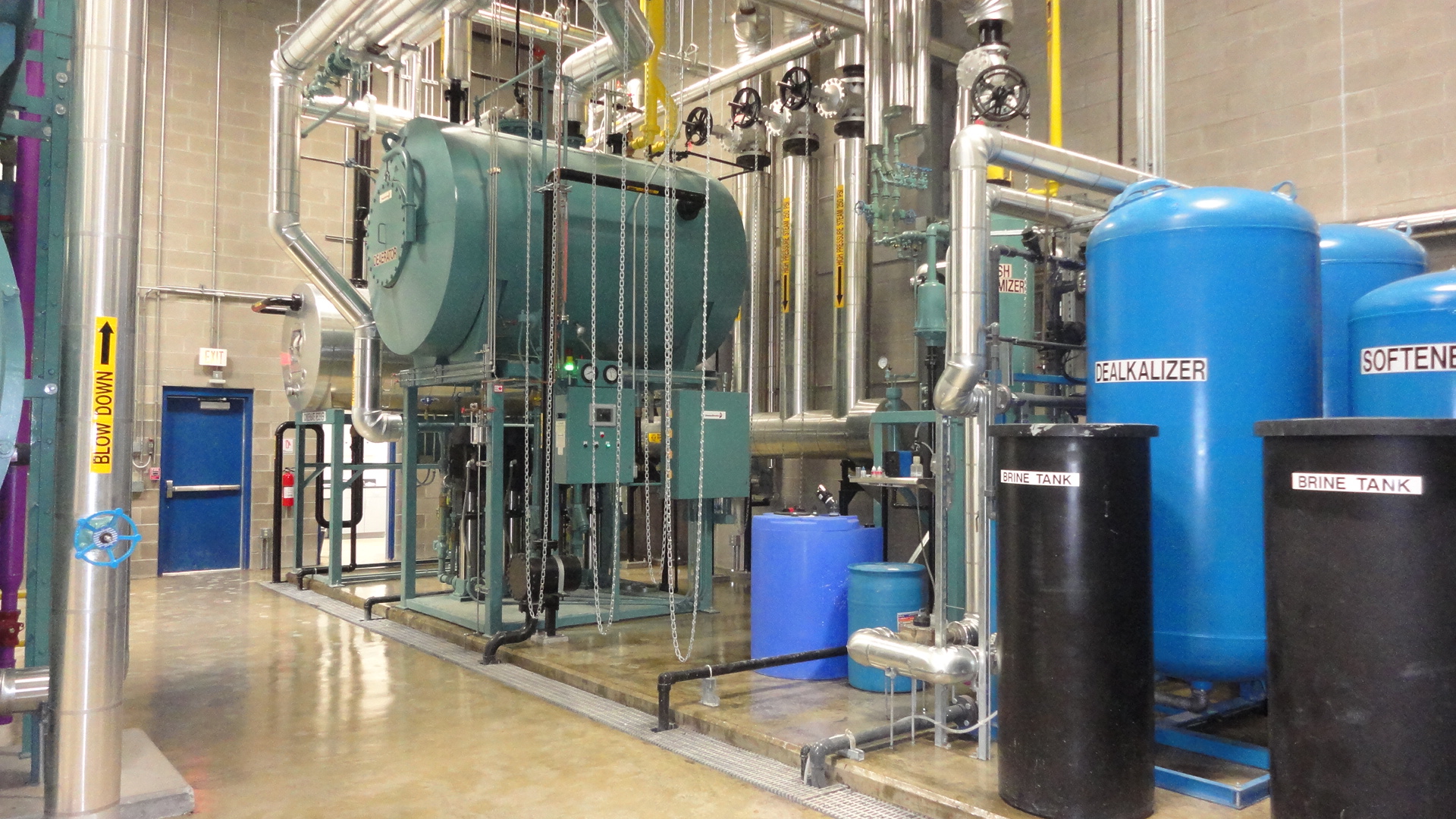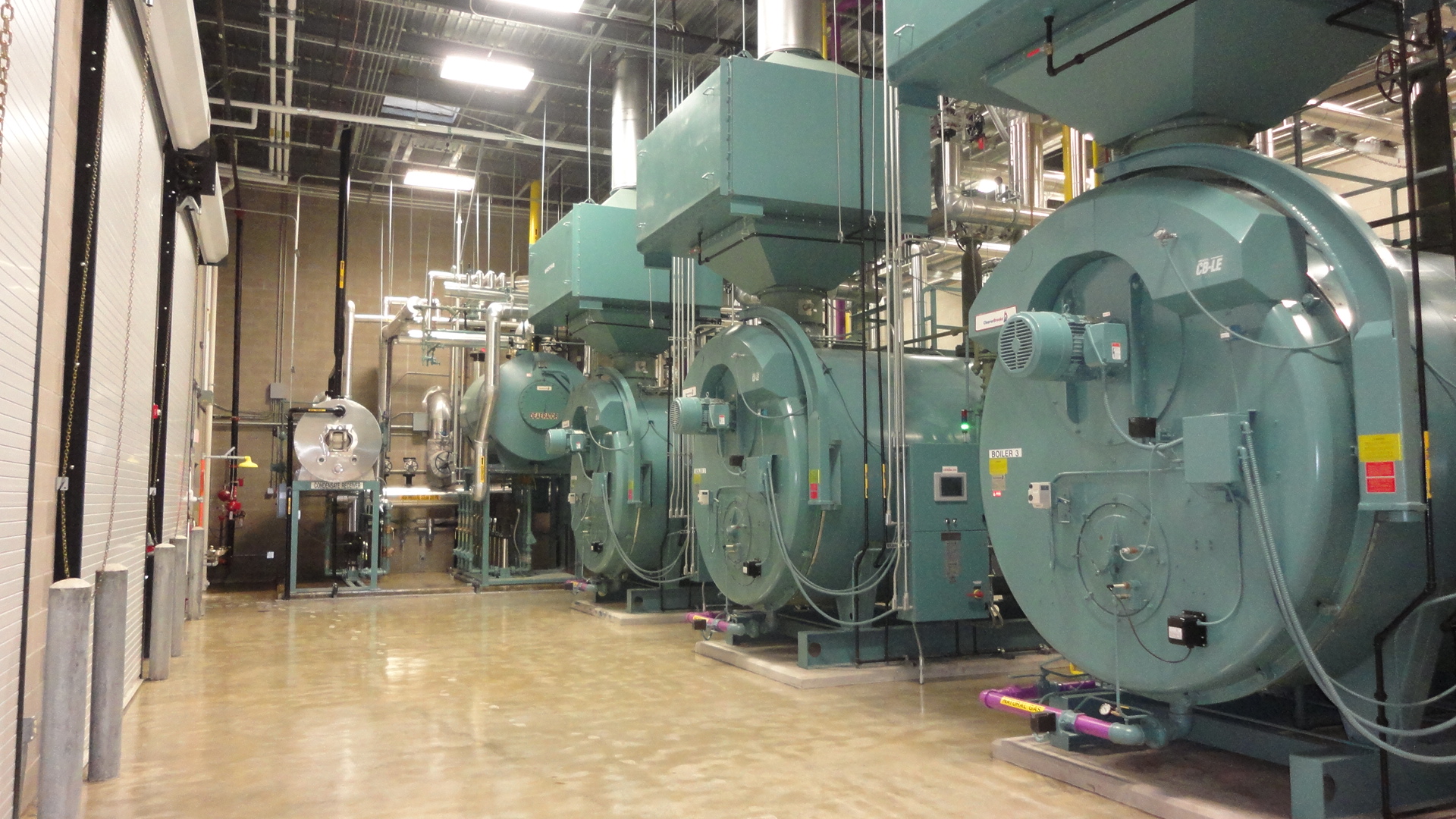Eight Critical Steps in Water Treatment To Protect Your Products and Equipment
Whether you’re designing a new food processing plant or upgrading an existing facility, determining necessary upfront water treatment is a critical step in protecting and maintaining your plant’s systems. Many plants forgo thorough analysis resulting in poorly or untreated water that can lead to scale and bacterial buildup on equipment. Stellar often partners with water treatment professionals such as Southern Waters Company, Inc. to effectively manage clients’ clean water requirements.
Continue Reading “Eight Critical Steps in Water Treatment To Protect Your Products and Equipment”



